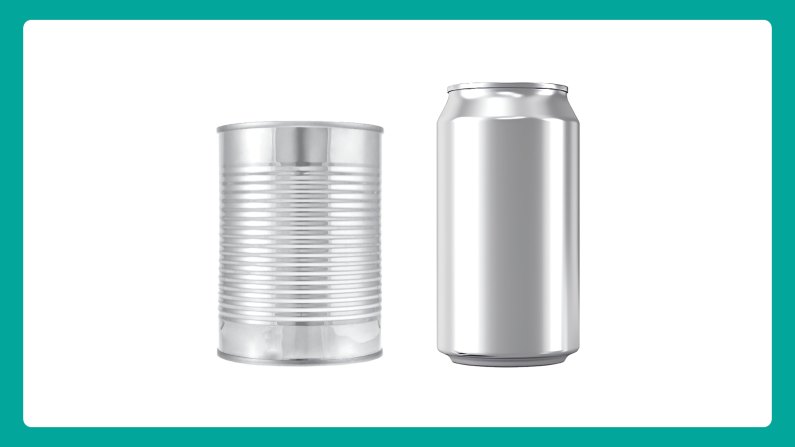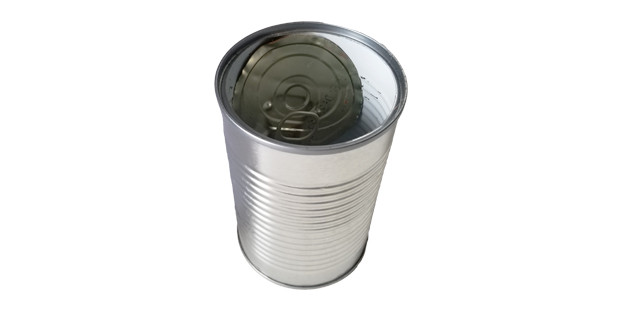Kerbside recycling: tins and cans
What can go into your council kerbside recycling is now the same across Aotearoa. Find out about tins and cans.
What can go into your council kerbside recycling is now the same across Aotearoa. Find out about tins and cans.


Just because these items can’t be recycled at kerbside doesn’t mean you can’t recycle them.
You can take your empty paint cans to Resene and Dulux for recycling.
Paintwise scheme [Resene website]
Dulux paint take-back service [Dulux website]
Lions clubs around the country collect metal lids and can tabs for recycling and donate the money raised to Kidney Kids NZ. Metal recyclers may also accept items for recycling.
Kantab project [Lions Clubs New Zealand website]
Find your local scrap metal recycler [NZ Association of Metal Recyclers website].
Steel and aluminium tins and cans can be recycled into:
Most of the baled metal is sent overseas.